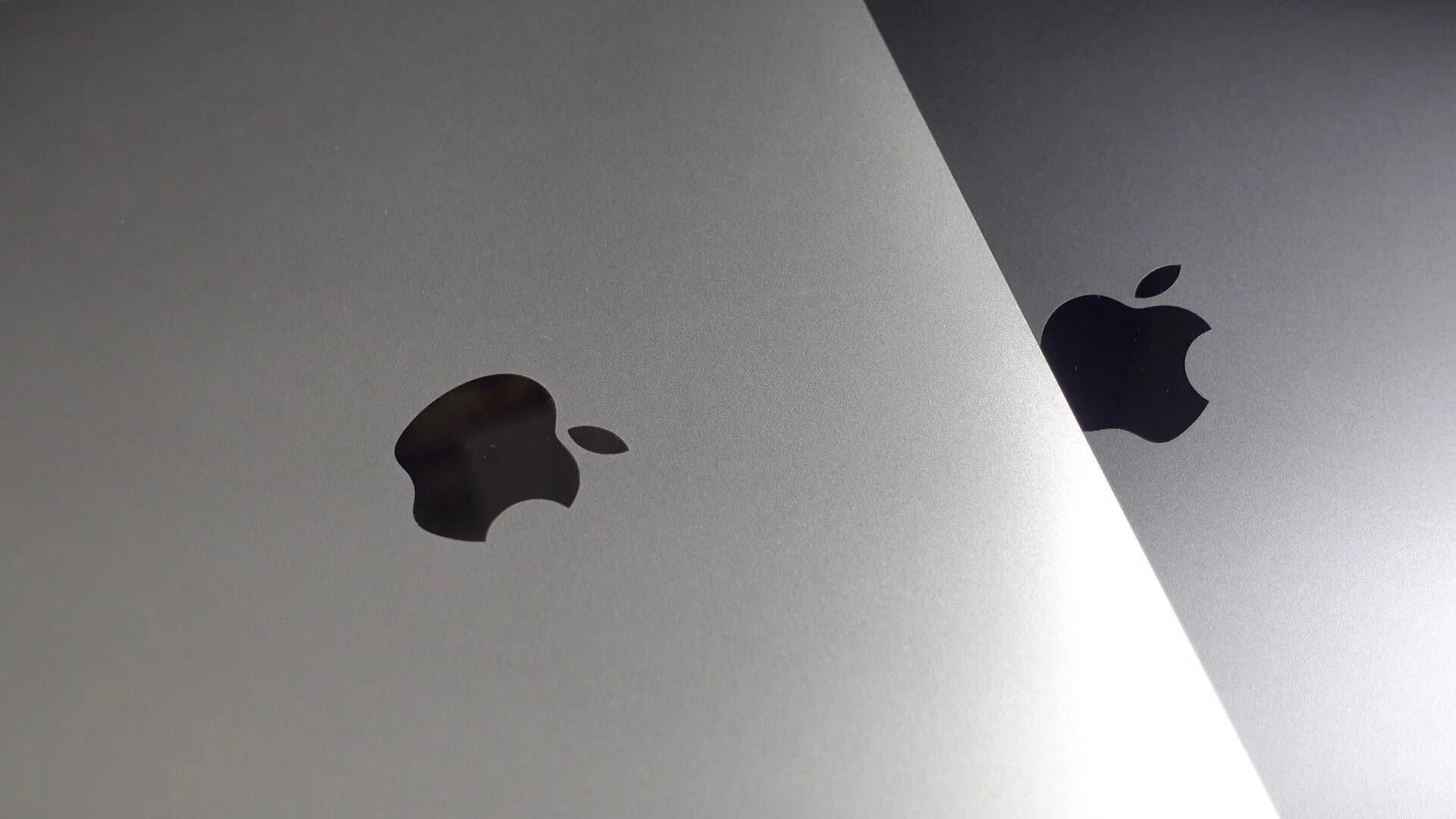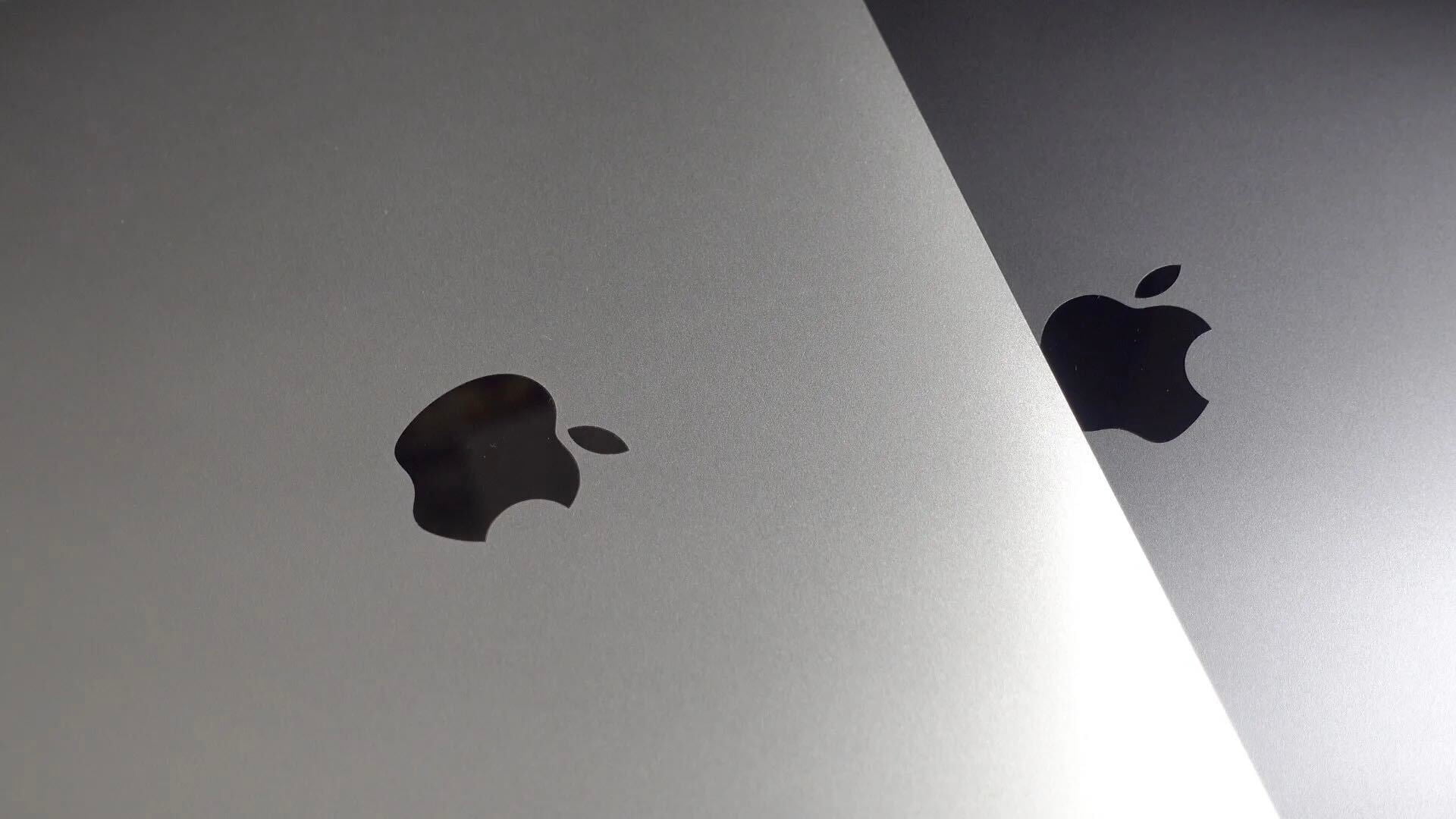Apple Books

An all-new chapter
Apple Books was originally introduced as iBooks in 2010 alongside the original iPad. It came to the iPhone and iPod touch with the release of iOS 4. It came to macOS with the release of OS X Mavericks in fall 2013. iBooks was rebranded as Apple Books with the release of iOS 12 and macOS Mojave.
Apple Books is an all-in-one ebook reader, bookstore, and audiobook player. It primarily uses ePub (with DRM) as the format, but users can also add their own PDF files and sync them over iCloud.
The primary competition for the Apple Books is the Kindle app and the Kindle store. The Kindle ecosystem also has the advantage if having a dedicated e-book reading devices as well.
The bookstore was the subject of an antitrust trial in 2013. The long-standing pricing model for both paper and electronic books was the so-called wholesale model. Publishers sold in bulk to the retailers, and the retailers decided how much to charge. Because retailers were competing with each other, that kept prices down, with Amazon leading the away on ebook pricing with $9.99 bestseller deals.
What Apple – and specifically Steve Jobs – pushed for was a switch to what’s known as an agency pricing model, where publishers decided the price of their books, and retailers took a percentage cut. This maximized profits for publishers and retailers alike, but reduced price competition as the same book would cost the same wherever you bought it. Key to the success of the initiative was to persuade major publishers to tell Amazon that it would likewise need to switch to the agency model if if wished to continue buying from them, and for those publishers not to sell to anyone else at a lower price. It’s alleged that Jobs wrote to five major publishers – HarperCollins, Penguin, Simon & Schuster, and Macmillan – and invited them to switch to the new model.
The U.S. Justice department closed the case against Apple Books in 2015. The ironic thing is that Amazon’s marketshare for ebooks is around 83% in the US, so they are the dominant company by far.


